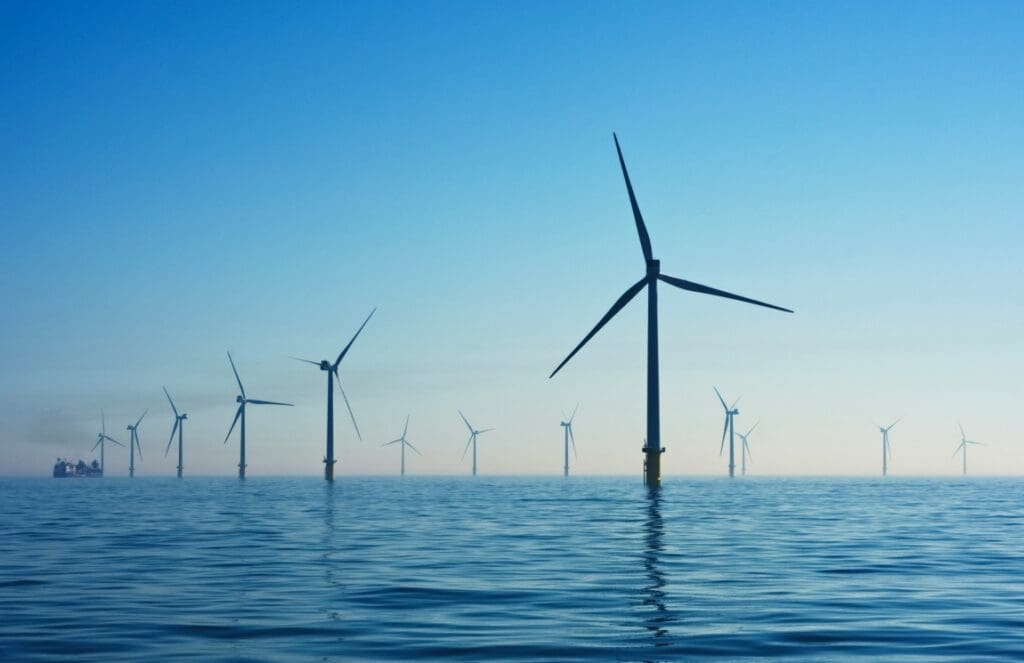This coverage is made possible through a partnership with Grist and Interlochen Public Radio in Northern Michigan.
Michigan Attorney General Dana Nessel announced Thursday that she plans to sue fossil fuel companies for knowingly contributing to climate change, harming the state’s economy and ways of life.
“It’s long past time that we step up and hold the fossil fuel companies that are responsible for all these damages accountable,” she said.
With this litigation, Michigan would join dozens of local, tribal, and state governments that have taken similar steps to try to make the industry pay for climate damage.
Nessel said the case is an effort to recover some of what Michigan has lost due to climate change, pointing to severe weather events, risks to agriculture, and last winter’s short ski season and canceled sled dog races.
The department is asking outside lawyers to submit proposals to help with the case, which Nessel said could potentially bring billions to the state to address damages from climate change. Attorneys and law firms can submit proposals through June 5.
“A case like this is exhaustive in nature,” she told Interlochen Public Radio. “You’re going after Big Oil, so you need to have some support in terms of additional attorneys and support staff.”
Investigations in 2015 from Inside Climate News and the Los Angeles Times showed that companies like Exxon knew about the dangers of greenhouse gas emissions for decades, but minimized those threats.
Last month, the House Committee on Oversight and Accountability referenced that reporting, saying that its own nearly three-year-long investigation gave a “rare glimpse into the extensive efforts undertaken by fossil fuel companies to deceive the public and investors about their knowledge of the effects of their products on climate change and to undermine efforts to curb greenhouse gas emissions.”
For instance, ahead of a recent congressional hearing, newly revealed documents showed that BP executives knew natural gas was contributing significantly to climate change but promoted it as a “bridge” fuel to replace coal.
Asked about Michigan’s plans to sue, Ryan Meyers, the American Petroleum Institute’s senior vice president and general counsel, said in an emailed statement that it is part of an “ongoing, coordinated campaign to wage meritless, politicized lawsuits against a foundational American industry and its workers.” Meyers added that climate policy should be handled in Congress, not the courts.
The attorney general’s department is working with state agencies to assess the impacts of climate change in Michigan.
Nessel said the state has successfully pursued similar legal efforts in the past, including against the opioid industry and chemical manufacturers that produce PFAS.
This article originally appeared in Grist. Republished on Muser Press under a Creative Commons Attribution 4.0 International licence.
More information: Grist is a nonprofit, independent media organization dedicated to telling stories of climate solutions and a just future. Learn more at Grist.org
Featured image credit: TravelScape | Freepik.com




